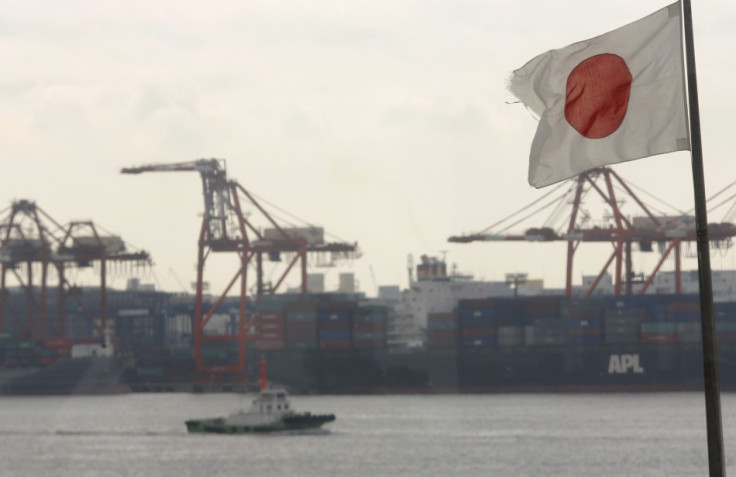Japan's Revised Industrial Output up 0.3% in January
January industrial production down 5.8 percent year-on-year

Japan's industrial production has increased 0.3 percent month-on-month in January, as a moderate pickup in the global economy helps the businesses to increase their production activity.
The revised data by the Japanese Ministry of Economy, Trade and Industry (METI) revealed that a seasonally-adjusted index measuring industrial output rose 0.3 percent in January to a reading of 89.1. That compares to an initial reading of a 1.0 percent gain and a 2.4 percent increase in December.
Analysts had expected the final reading of industrial production to remain unchanged at 0.0 percent in January.
On a year-over-year basis, January industrial production declined by 5.8 percent.
Meanwhile, separate indices measuring shipments and inventory declined by 0.3 percent and 0.4 percent, respectively.
The capacity utilisation index rose 1.7 percent in January from a month earlier to 86.0.
Earlier, the ministry reported that core machinery orders that measures the change in the total value of new orders placed with machine manufacturers, excluding ships and utilities fell 13.1 percent in January from the previous month.
The export-oriented economy had been suffering from weak demand from crisis-hit Europe and low-growth China market. Further, a weak yen had affected exporters' margin and made its imports costly.
Japan returned to growth in the fourth quarter as the yen began to slide, amid monetary and fiscal reforms by Prime Minister Shinzo Abe, who vowed to take radical measures to end 15 years of deflation and revive the world's third-biggest economy.
The yen has fallen more than 10 percent against the dollar since the inauguration of Abe, helping the country's exporters.
Under pressure from Abe, the Bank of Japan (BOJ) raised its inflation target to 2 percent in January and announced open-ended asset repurchase beginning from next year.
The BOJ is expected to accelerate monetary policy easing further after Governor Masaaki Shirakawa steps down on 19 March.
Earlier in the day, Japan's lower house of parliament approved Asian Development Bank President Haruhiko Kuroda as the next governor of the central bank. Kuroda was nominated by Abe and supports Abe's view of aggressive monetary easing.
The upper house will vote on the appointment on 15 March.
© Copyright IBTimes 2025. All rights reserved.






















